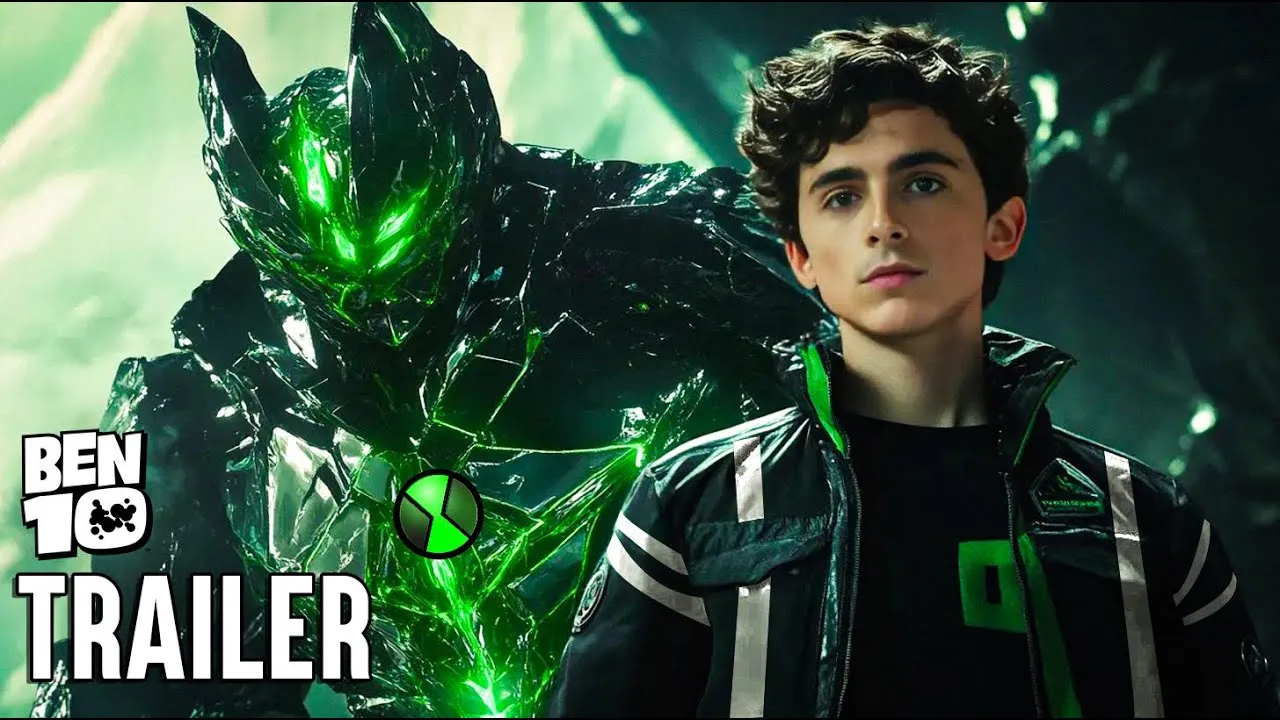“From the ashes of Asgard, a new god must rise — or all worlds will fall again.”
The fire that consumed Asgard still burns — not in the skies, but in the hearts of those left behind. Ragnarok 2 (2025) reignites the mythic saga of gods, monsters, and mortals in a sequel that dares to ask: what happens after the end of the world? When the ashes of destruction settle, new powers rise — and not all of them are divine.
Picking up years after the cataclysm, the Nine Realms lie fractured. The death of Odin has left a vacuum no one can fill, and the survivors of Ragnarok struggle to rebuild from ruin. Thor, burdened by guilt and stripped of his godhood, wanders the remnants of a broken cosmos — searching not for vengeance, but for redemption. Yet peace is fleeting. A new enemy rises from the void — Hel’s army, led by Loki’s daughter herself, a goddess born from the shadows of death and chaos. Her goal is not conquest, but rebirth — a dark rebirth that could reshape creation itself.

Visually, Ragnarok 2 is both breathtaking and brutal. The scorched landscapes of Alfheim, the frozen ruins of Jotunheim, and the smoldering remains of Asgard all bear the scars of divine war. Director Taika Waititi returns with a sharper tone — blending mythic tragedy with gallows humor and existential reflection. Every frame feels like a painting of apocalypse and hope intertwined. The gods no longer stand above man — they bleed, they break, and they question their purpose as much as any mortal.
Chris Hemsworth delivers his most raw and haunted Thor yet. His thunder is quieter, his rage tempered by loss. Opposite him stands Cate Blanchett, reprising Hela in a reimagined form — less villain, more ghostly judge of the dead. Their confrontation isn’t one of lightning and blades, but of belief and consequence. Beneath the spectacle, Ragnarok 2 becomes a meditation on rebirth — how destruction can be the seed of something divine, or monstrous.

The film’s emotional core lies in its silence — the aftermath of gods learning to live without their thrones, and humans learning to live with what remains. In a cosmos where destiny has already been written and erased, the question lingers: if Ragnarok destroyed everything, what does it mean to rebuild? The answer, Ragnarok 2 suggests, may not lie in heaven or Valhalla — but in the fragile courage of those who still dare to hope.
By the final act, thunder returns to the sky — not as war, but as renewal. From ruin, new life emerges. And in that storm, the saga of gods begins anew. Because the end of the world was never the end — it was the awakening of something greater.
-1754617576-q80.webp)


-1751428124-q80.webp)